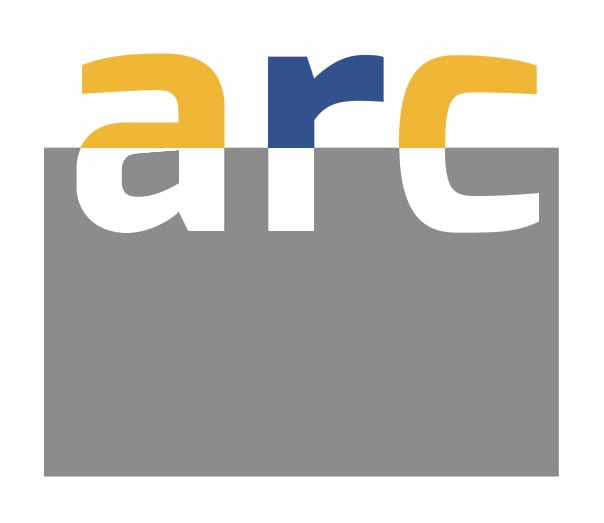About the Center
Archaeology has assumed a central role in a range of academic and popular narratives about the human past and its possible futures.
Today, archaeologists collaborate with a range of scholars based in cultural anthropology, history, art history, ecology, genetics, and earth sciences to produce truly interdisciplinary findings relevant to wider debates over the social and environmental trajectories of humans.
Founded in 2014, the UC Santa Cruz Archaeological Research Center bring these narratives into inter-disciplinary dialogue with one another, advancing a 21st century archaeology that situates a scientific and historically grounded archaeology within a context of community engagement and public outreach.
The Archaeology Research Center (ARC) at UC Santa Cruz serves as a center for interdisciplinary archaeological research on the UC Santa Cruz Campus, and a crucial link between UCSC and the broader local community. The centers core themes recognize the intricate relationships between the practice of science, its utility for exploring the diversity of the human experience, and engaging with and respecting the communities and publics whom we serve. Faculty strengths in archaeological research overlap substantially across the divisions, and we identify four core themes that define ARC activities and objectives.
Director’s message
UC Santa Cruz has become a vibrant hub for archaeological research and teaching. In the ten years since the Archaeological Research Center (ARC) was founded in 2014, our community has grown into one of the most dynamic interdisciplinary centers of archaeology in North America. Today, faculty and students across all five academic divisions—Social Sciences, Humanities, Arts, Physical and Biological Sciences, and Engineering—are advancing new approaches to studying the human past and engaging with heritage in ways that connect research, education, and public life.
At UC Santa Cruz, archaeology bridges disciplines and perspectives. We are sequencing ancient genomes to illuminate population histories, utilizing 3D modeling and artificial intelligence to analyze artifacts, reconstructing settlement landscapes with LiDAR and satellite imagery, and developing new insights into craft, trade, and cultural traditions through excavation and laboratory analysis. These efforts are complemented by our commitment to collaboration with descendant and local communities, ensuring that our work respects and sustains the living legacies of the past.
The ARC has played a central role in this growth. Over the past decade, it has supported undergraduate and graduate training, fostered faculty collaboration, and created opportunities for global partnerships—from West Africa to Latin America, from the US Northwest Pacific to California’s Central Coast. At the same time, we have deepened our engagement with the public, developing exhibitions, community archaeology programs, and digital resources that bring the past into the present.
As we look ahead, the ARC will continue to expand opportunities for research, training, and dialogue. Archaeology today is about more than uncovering artifacts—it is about building bridges between people, cultures, and generations, and about recognizing the shared heritage that connects us all.
I invite you to join us in this endeavor. By supporting and participating in the ARC, you become part of a community dedicated to reimagining the human past and shaping a more inclusive future. I look forward to seeing you at our upcoming events and to the discoveries we will make together.
Lars Fehren-Schmitz
Director, Archaeological Research Center, Professor of Anthropology

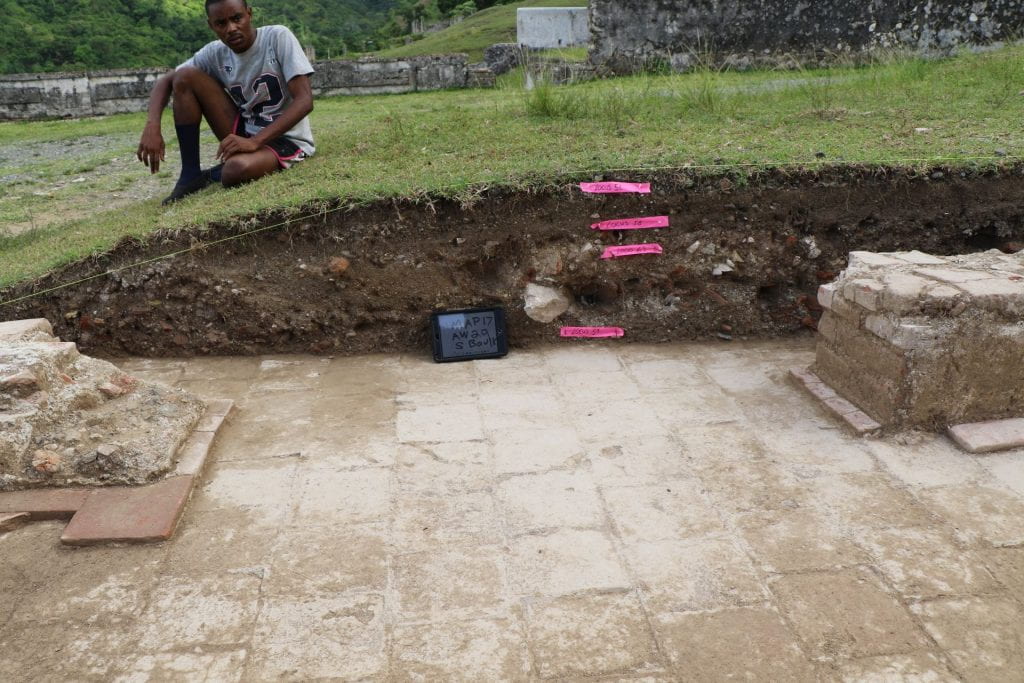
Culture & History
Scholars across the disciplines study material culture to understand past human lives. Archaeologists differ in juxtaposing evidence from artifacts, biological remains, settlement patterns, and many other sources to construct narratives about how cultures and societies came into being. This engagement begins with fieldwork, and includes a host of analytic techniques to produce the data upon which narratives of human history rest.
Archaeologists at UC Santa Cruz focus on past people’s interactions with one another at the local, regional, and global levels, illuminating the ways in which cultural histories unfolded around the world in relation to a wide range of historical, environmental, and cultural forces.
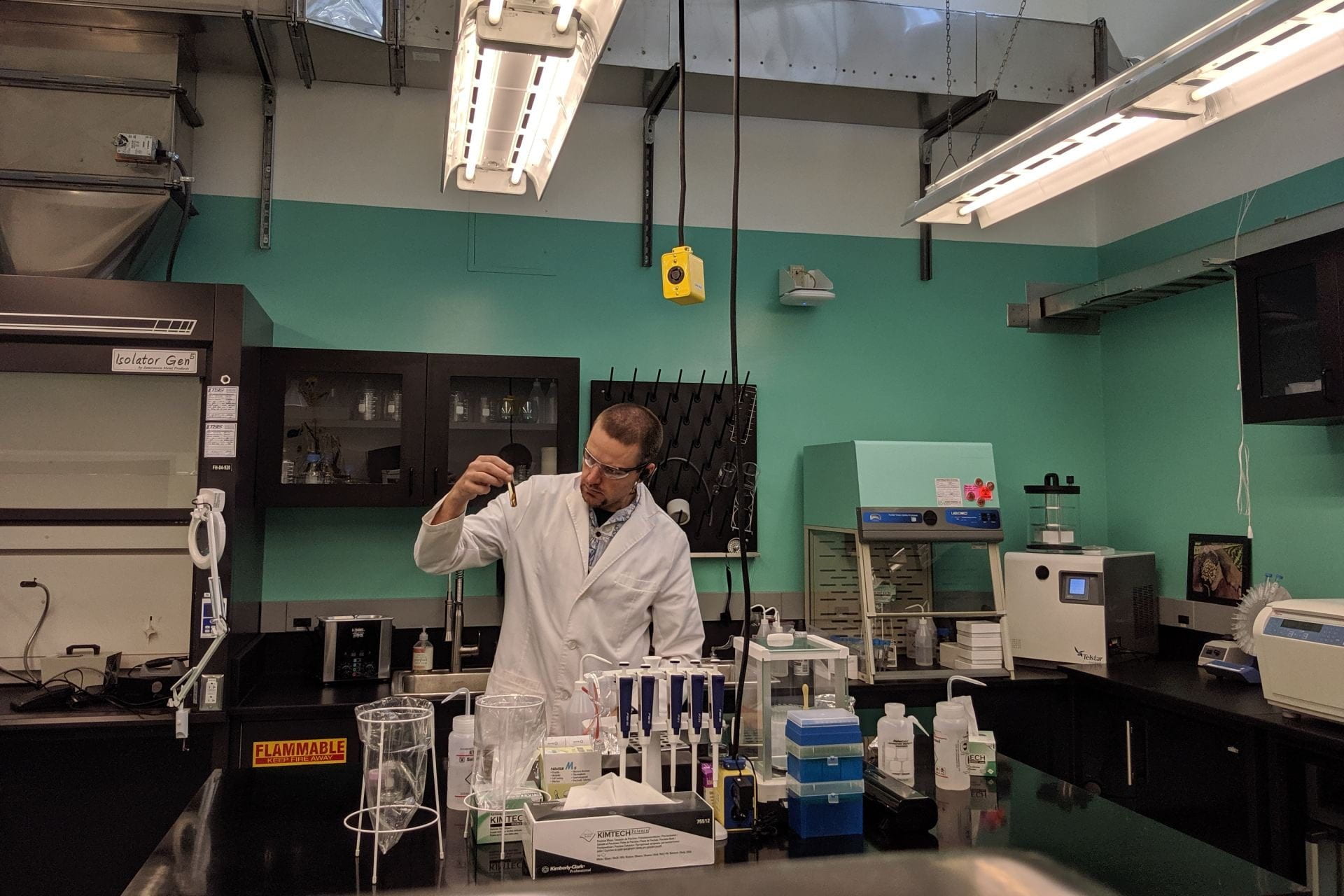
Archaeological Sciences
Archaeology and the physical and biological sciences share many research goals and methods, yielding collaborative contributions to our understanding of the human past.
Advances in stable isotope analysis, genomic sequencing, and many other fields, have fundamentally transformed our ability to ask fine-grained questions about how people lived in the past.
UC Santa Cruz faculty members are at the forefront of scientific analysis in archaeology, and have modeled effective collaborative research and training across the disciplines.
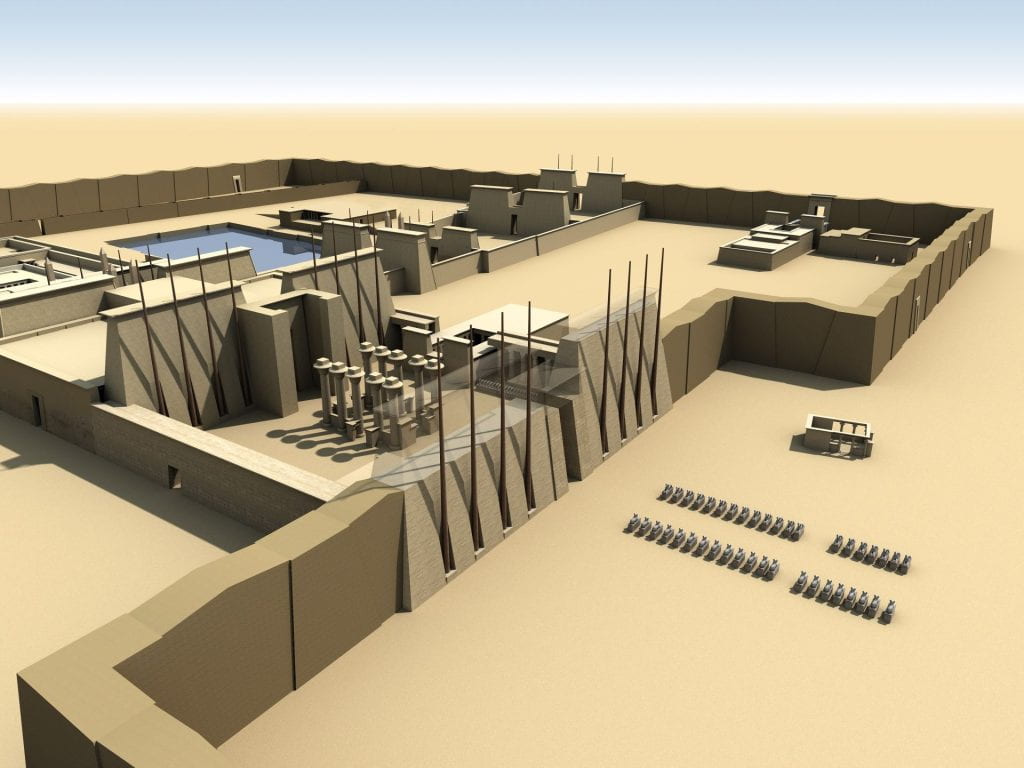
Digital Archaeology
Advances in Global Positioning Systems, Geographic Information Systems, and three-dimensional modeling are providing new answers to old questions, and in fact changing the nature of the questions themselves.
ARC faculty and staff are actively engaged in the utilization of digital technologies that are directly or indirectly applied to archaeological data.
The ARC is thus poised to take a lead in the growing field of Digital Archaeology, building bridges across campus divisions, and with institutions in the Silicon Valley.
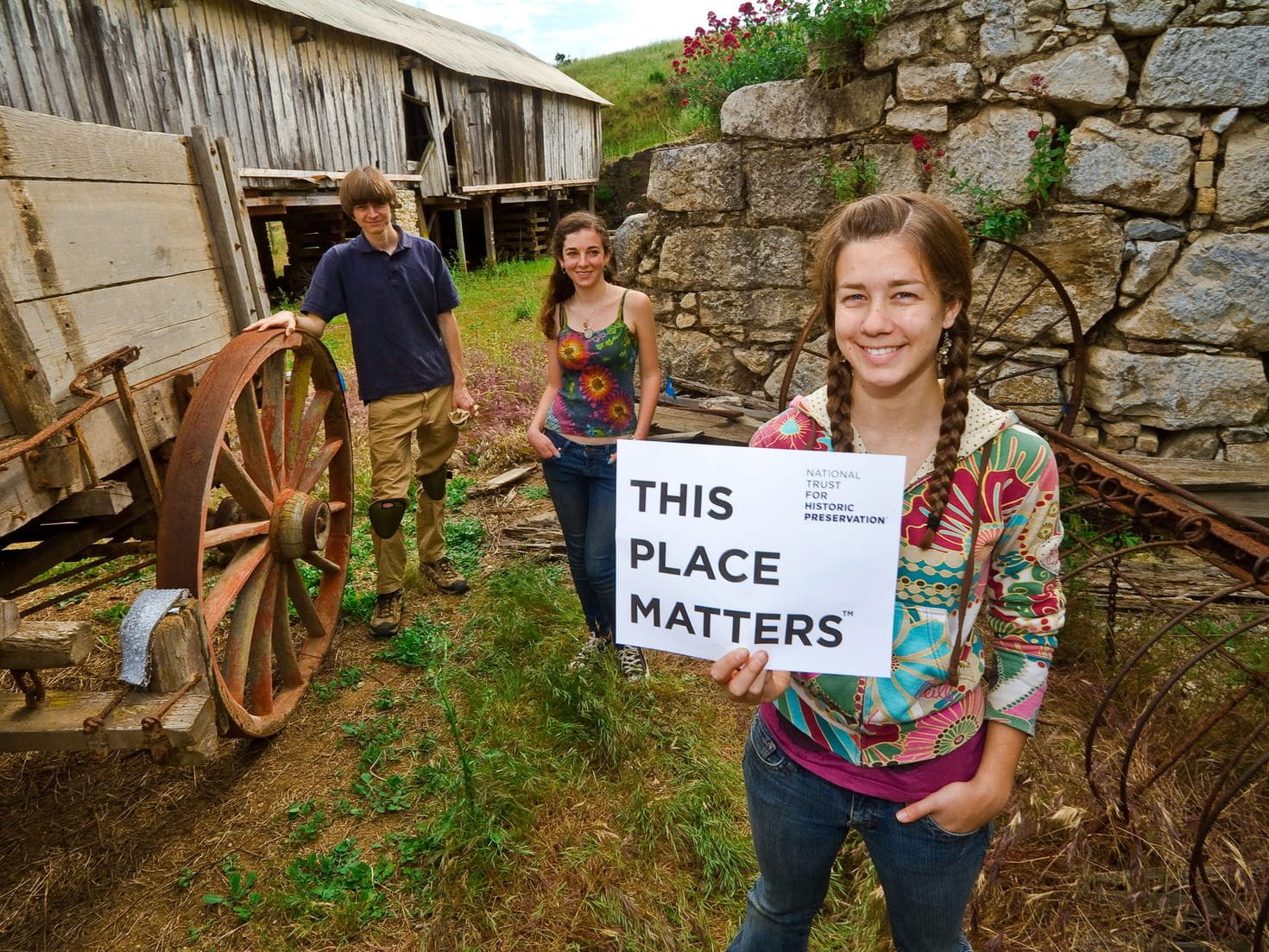
Cultural Heritage Stewardship
The ARC serves as a space for the productive and necessary dialogue between archaeologists, descendant communities, government agencies, and those in the broader public interested in archaeological research.
ARC faculty members place a high premium on public outreach and education to communicate the importance of archaeological heritage to the broader public.
Similarly, the ARC is strongly committed to collaborating with stakeholder communities, not only as a matter of ethics and law, but also because we believe it results in a more comprehensive and community-relevant archaeological practice.
Contact us
Looking to get in touch with us about a project, research, or something else?
Please use our general email for us to best direct your inquiry. Mail may be sent to our mailing address.
Mailing address
MAILING ADDRESS
U.C. Santa Cruz
Anthropology Department
1156 High Street
Santa Cruz, CA 95064
CAMPUS MAIL STOP
Anthropology Social Sciences 1 Faculty Services
